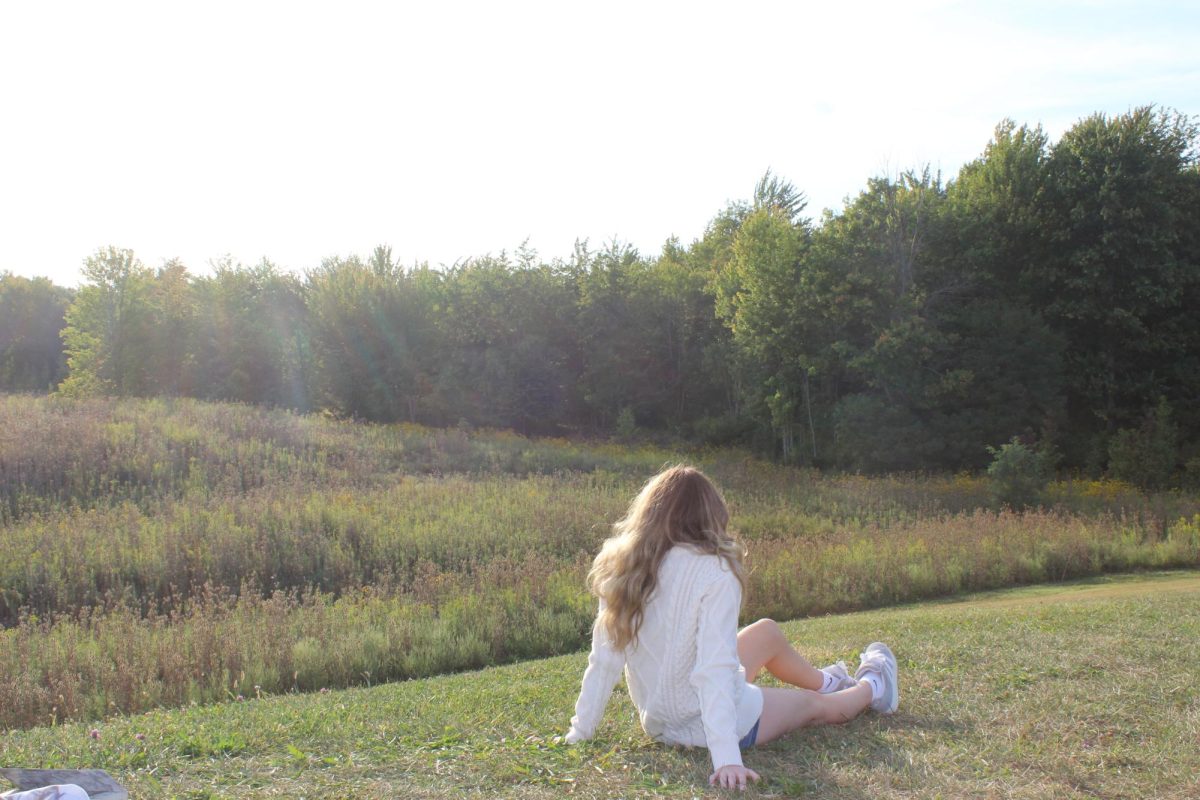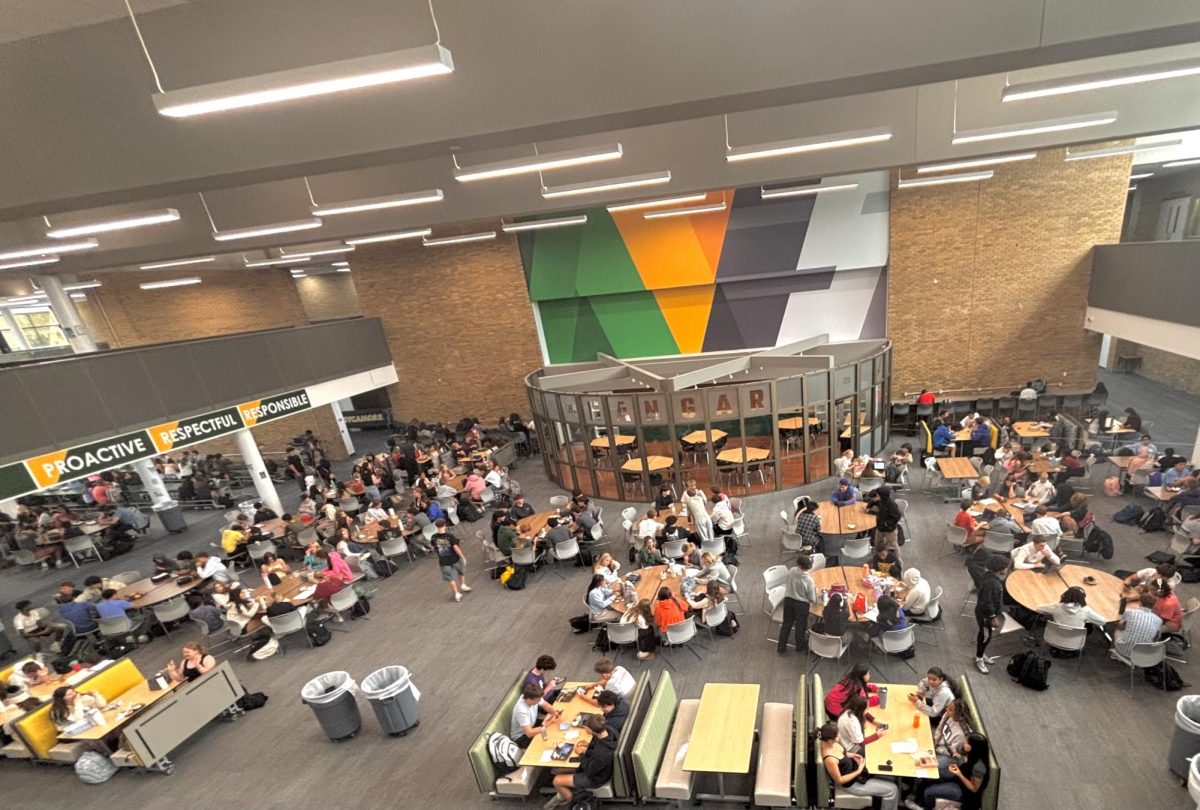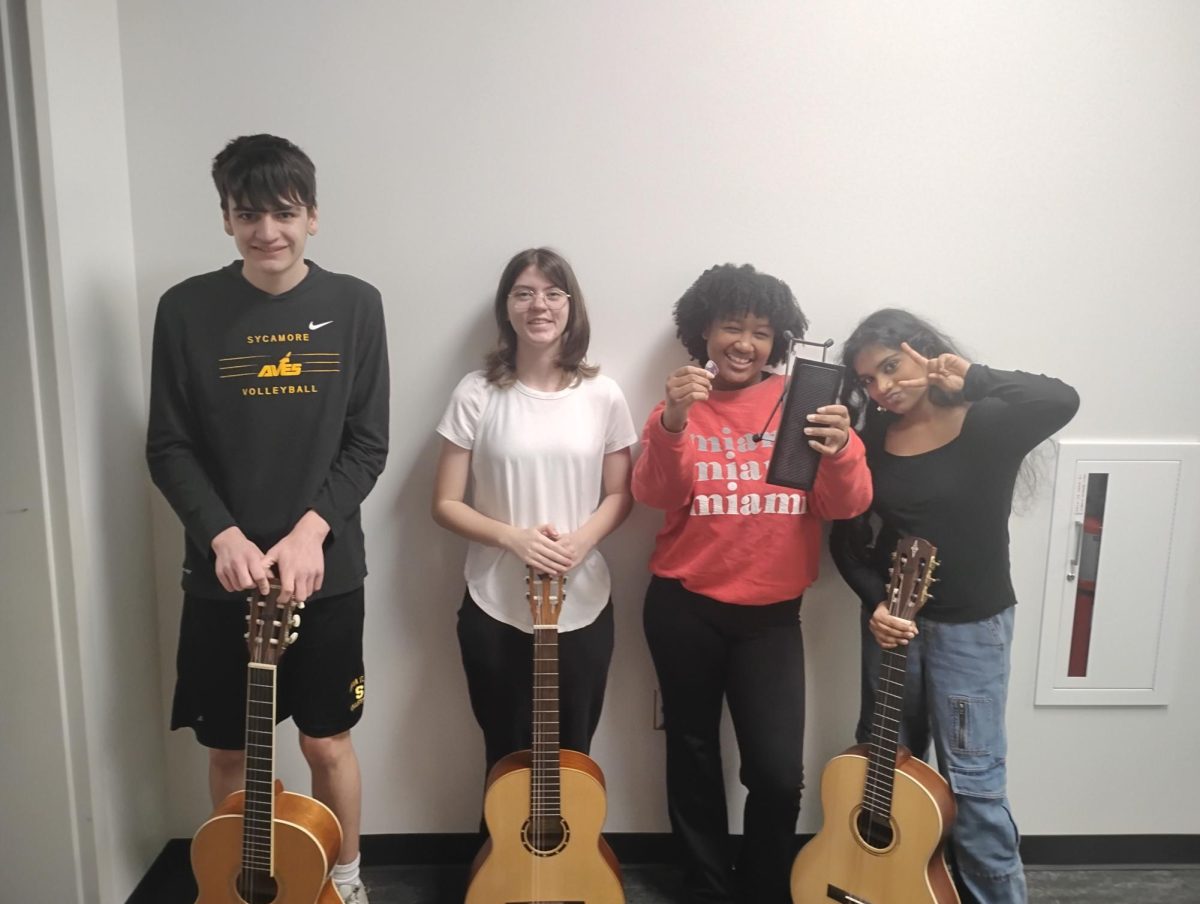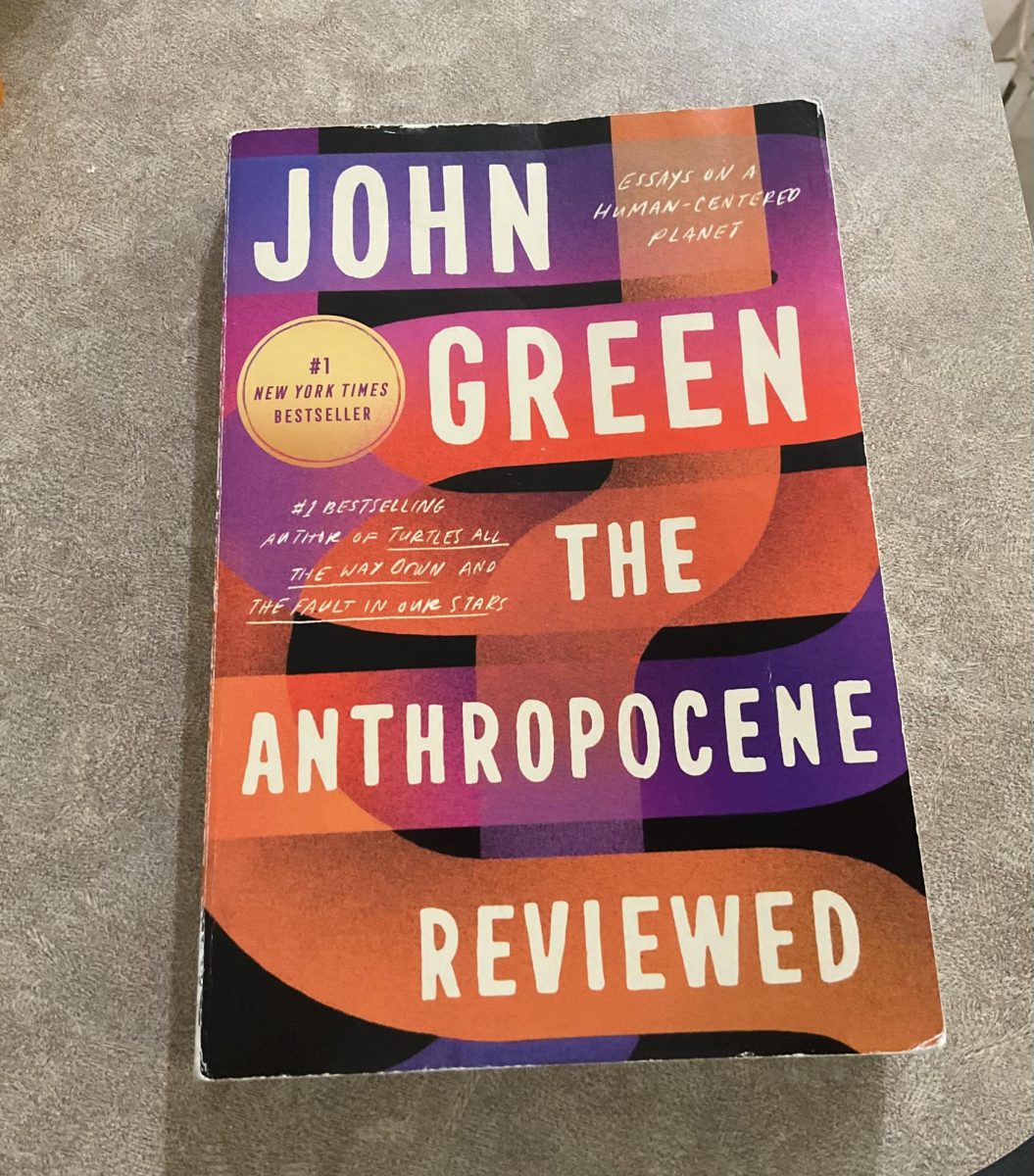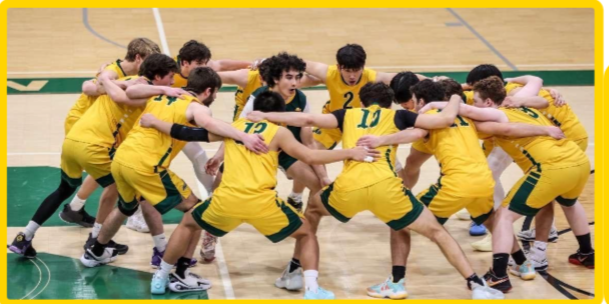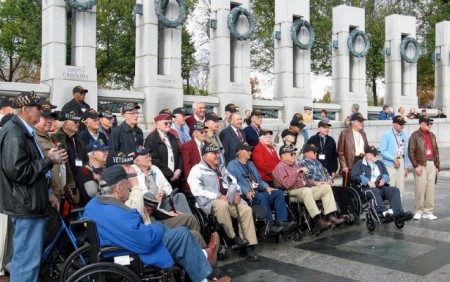
Photo courtesy of Mr. Larry Blackmore.
The winter of my sophomore year, I had the opportunity to speak with a Vietnam veteran.
The situation came about unexpectedly: our broadcast group was doing a video on Memorial Day, and one of our interviewees mentioned that her father could come in for an interview.
I expected to hear an amazing story. What I received was something more impactful than I ever could have imagined. Not only that, but I also made a friend. Mr. Larry Blackmore and I still keep in touch.
Blackmore remains involved with the military, but in a different way: he is now a chaperone for Honor Flight, a program to take veterans on a free trip to Washington, D.C. to visit all of the war memorials.
One of the highlights of the event includes a surprise mail call.
Mail calls held special importance to soldiers while in combat. It was their only communication from home while overseas. Blackmore recalled to me how the atmosphere was chaotic but joyful, with names called and letters tossed all over the place.
Honor Flight recreates that scene with their own mail call for the veterans. Letters come from not only family members, but anyone who wants to write and say “thank you” to those who have protected our country.
Blackmore normally administers the mail call for others, but in the most recent Honor Flight on Apr. 22, his daughter and Spanish teacher Ms. Miranda Blackmore asked students and friends- myself included- to return the favor.
I have thanked Larry over email many times, but there is something special about writing a letter that I knew he would read on a plane to Washington D.C.
I was finally able to thank him not simply for his interview or story, but for his actions and his protection of the place I call home.
I believe others should do the same, but I also think that our generation, as a whole, is afraid of doing so.
Saying “thank you” is much tougher than saying “your welcome.” It involves being humbled and grateful: difficult concepts to grasp in a society that always wants more.
It may not be selfishness, but simply fear in general.
Civilians do not understand military life, and we never will. Combat is unknown to the safety of our homes and cities. Our gratitude must not be worth it to the soldiers if we cannot relate to their situations.
That, I think, is the precise reason why we should write.
Soldiers go into combat to make sure we are safe, to make sure we never have to experience the pain with which they must come to grips. Seeing that we are living in peace fulfills their mission.
We should not be afraid.
In whatever way we express it- through words, writing, song, art, or anything else- we should make it clear to our veterans that we are grateful. We may find, as I did, that thanking someone else becomes special to ourselves as well.


